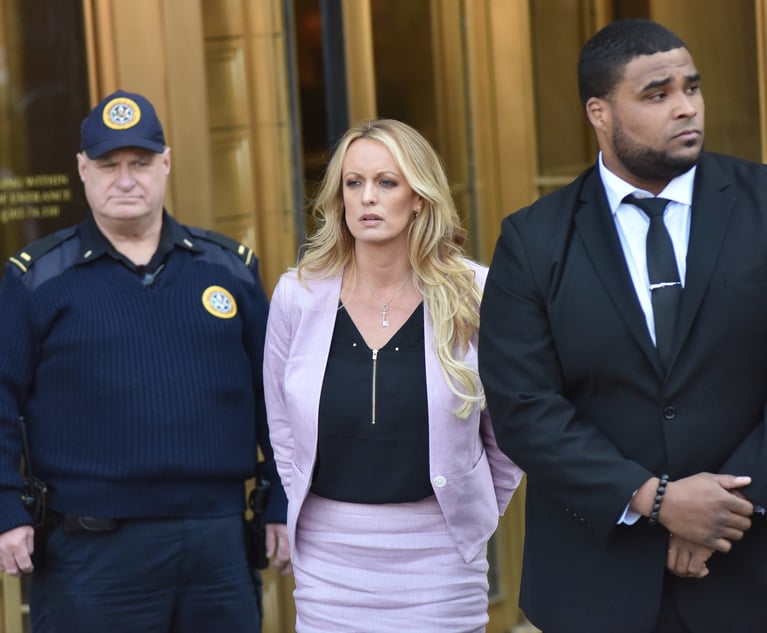 In another recent article, we explained how arbitration, even under the auspices of a sophisticated arbitral forum such as the American Arbitration Association (AAA) or JAMS, lacks detailed rules about work product protection in expert discovery, and how to avoid stepping in the trap that haziness can create. Newman, D. and Lippert, M., Work Product Protection for Experts in Arbitration: A Trap for the Unwary, N.Y. Law Journal Feb. 7, 2020 at 4. But this absence of default rules is not unique to work product issues. Arbitration lacks clear standards for expert discovery or the submission of expert evidence in general. This (and other types of) procedural freedom are usually extolled as a feature, rather than a “bug,” of arbitration. The parties are free to do whatever works for them. But this places the onus on the parties, from very early on in a dispute, to come to a detailed agreement about how expert discovery will work and how expert evidence will be submitted to the arbitrator(s). Relying on assumptions about how things are usually done, or how the arbitrator(s) will eventually decide they ought to be done, can result in very unpleasant surprises.
In another recent article, we explained how arbitration, even under the auspices of a sophisticated arbitral forum such as the American Arbitration Association (AAA) or JAMS, lacks detailed rules about work product protection in expert discovery, and how to avoid stepping in the trap that haziness can create. Newman, D. and Lippert, M., Work Product Protection for Experts in Arbitration: A Trap for the Unwary, N.Y. Law Journal Feb. 7, 2020 at 4. But this absence of default rules is not unique to work product issues. Arbitration lacks clear standards for expert discovery or the submission of expert evidence in general. This (and other types of) procedural freedom are usually extolled as a feature, rather than a “bug,” of arbitration. The parties are free to do whatever works for them. But this places the onus on the parties, from very early on in a dispute, to come to a detailed agreement about how expert discovery will work and how expert evidence will be submitted to the arbitrator(s). Relying on assumptions about how things are usually done, or how the arbitrator(s) will eventually decide they ought to be done, can result in very unpleasant surprises.
Expert Reports, Depositions and/or Hearing Testimony
The AAA Commercial Arbitration Rules encourage the parties to “discuss and establish a procedure for the conduct of the arbitration that is appropriate to achieve a fair, efficient, and economical resolution of the dispute,” and provides a list of topics to be discussed at a preliminary hearing, including “whether the parties intend to present evidence from expert witnesses, and if so, whether to establish a schedule for the parties to identify their experts and exchange expert reports.” AAA Commercial Rules R-21(b); P-2(a)(xi). But they say little more. It is not clear whether experts are required to submit written reports, are subject to deposition, or are required to testify at the arbitration hearing. While AAA Commercial Rule 35(a) provides that “the parties shall give written notice for any witness or expert witness who has provided a written witness statement to appear in person at the arbitration hearing for examination,” it does not expressly make expert reports mandatory, and provides that an arbitrator “may,” but need not, “disregard the … expert report” if the expert “fails to appear.”






